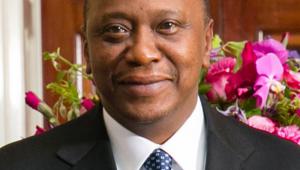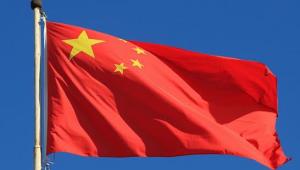While the military has thwarted previous election wins by the NLD, and still automatically holds a quarter of the seats in parliament, they have signalled that this time round that the win will be respected and supplant half a century of military dominance with democracy in Myanmar.
Meanwhile, it was announced that Myanmar would receive funds for infrastructure improvements to boost its economy, improve sanitation and access to services and markets. The finance package includes a $100m loan for a major road improvement, a $60m loan to upgrade water management in the country’s second-largest city Mandalay and a $2m grant to improve road management and safety across the country.
The largest loan will support the improvement of a 66.4km section of road connecting the towns Eindu and Kawkareik in the south eastern Kayin State, bordering Thailand. It will form the missing link of the Greater Mekong Subregion East-West Corridor, which spans from the eastern Vietnamese coast, across Lao and Thailand, to Mawlamyaing in Myanmar.
It will link the cities of Da Nang in Vietnam with Myanmar’s Mawlamyine and capital city Yangon, improving trade opportunities for the two countries and everywhere in between.
James Leather, principal transport specialist in the ADB’s south-east Asia department said: “Kayin has been affected by sectarian conflict for decades resulting in weak infrastructure and high levels of poverty.
“But it also has the principal road link to Thailand along which 25% of the country’s land-based trade passes. Upgrading this stretch of the road will open up new economic opportunities for the state and country and support inclusive growth.”
An access road to the Kyon Doe river port will also be added to give the country’s inland waterway transport network a boost.
The government of Myanmar will also restore a section of road between Eindu and the Yangon-Mawlamyine highway through a public private partnership, while the Thai government is supporting improvements to the road linking Kawkareik and Myawaddy on the Thai border in a separate project.
The Japan Fund for Poverty Reduction will be providing the $2m grant, managed by the ADB, to improve road management and safety across the country.
Adrien Véron-Okamoto, another transport specialist in the ADB’s south-east Asia department, said the “poor condition” of the country’s road networks make transport costly and slow, hindering economic growth.
Myanmar’s road safety is also in a “dire state” with 4,300 road deaths in 2014, a figure that could double in the next five years if “recent trends continue unchecked”, he said.
The $60m for improved water management in Mandalay will be complemented with a total of $56.8m in co-financing from the French development agency Agence Française de Développement, the European Union’s Asian Investment facility and the Urban Climate Change Resilience Trust Fund. Myanmar’s government will also provide $13.3m worth of support for the project.
Mandalay is home to 2% of Myanmar’s population and generates 7% of GDP, but infrastructure and urban service delivery remain very weak.
The piped water system reaches just over half of the city’s residents, sanitation consists of septic tanks connected to roadside drains and latrines and solid waste is dumped in canals. The city is also prone to intense flooding during the wet season.
Eri Honda, principal urban development specialist in the ADB’s south-east Asia department, said the city’s “enormous potential” to become a national economic centre linking India to China is hindered by the substandard services and vulnerability to climate change.













